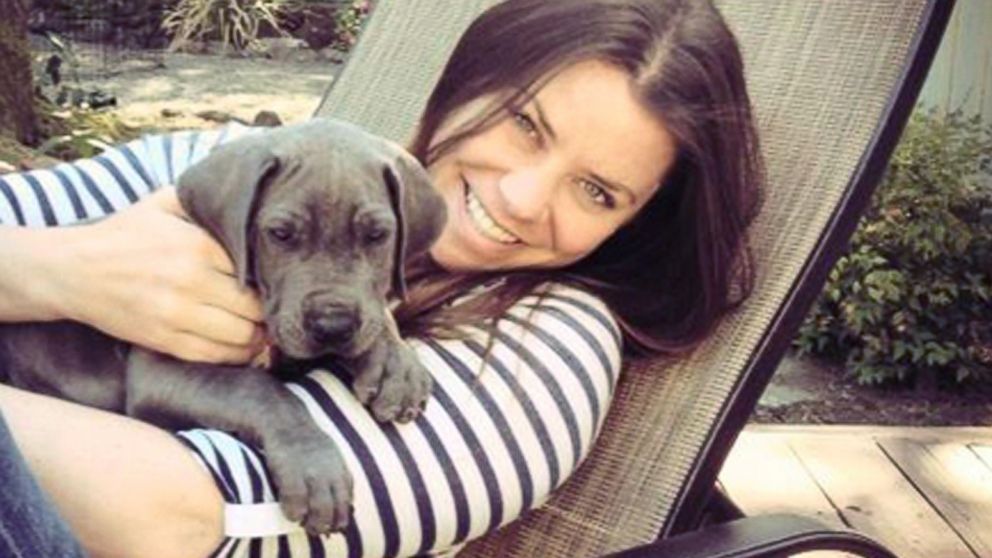By Leena Sen
Brittany Maynard was a California resident with a normal life, looking forward to eventually having children with her husband, Dan Diaz. After months of painful headaches and being told it was due to stress and anxiety without any doctor’s caution, Maynard learned she was suffering from stage IV glioblastoma multiforme, an aggressive form of terminal brain cancer, on New Year’s Day.
At 29 years old and only being married for a year, Maynard’s news brought along a life consumed by hospital stays, medical research, and moving to different doctors constantly. In efforts to stop the growth of her tumor, she had a partial craniotomy and a partial resection of her temporal lobe. Unfortunately, by April her tumor had come back even more aggressively, and she was told she had roughly six months to live.
As Brittany assessed her options, she was prescribed full brain radiation. The aftereffects would be scarring: first-degree burns left on a naked scalp and quality of life gone. She came to the conclusion that there was no treatment that would save her life, and that any recommended treatments would only bring her more suffering in her limited days to come.
Brittany Maynard began more research, coming across “death with dignity”. Death with Dignity is an “end-of-life option for mentally competent, terminally ill patients with a prognosis of six months or less to live”. This would enable her to use medical practice of aid in dying. Rather than suffer her last months of life in radiation, she could end life quickly, not hurting her own life and also not having her family suffer by watching her pain.
Because death with dignity is only authorized in five states, Oregon included, she moved there with her husband to follow through on her choice.
The key point Brittany had to make to people was that she was not suicidal; she says, “If I were, I would have consumed that medication long ago. I do not want to die. But I am dying. And I want to die on my own terms.”
Maynard stated that she would schedule the date for the consumption of the medication after October 26th, her husband’s birthday, and would leave time in the hopes her health might increase dramatically. She set the date for November 1, 2014.
In light of Maynard’s decision, she hoped to bring the Death with Dignity Act to the other states as well, providing cancer patients who are given the option of chemotherapy or radiation with six months (or less) to live this option as well. On Sunday, November 1st, Maynard passed, leaving behind the possible future of months of suffering and struggle.

